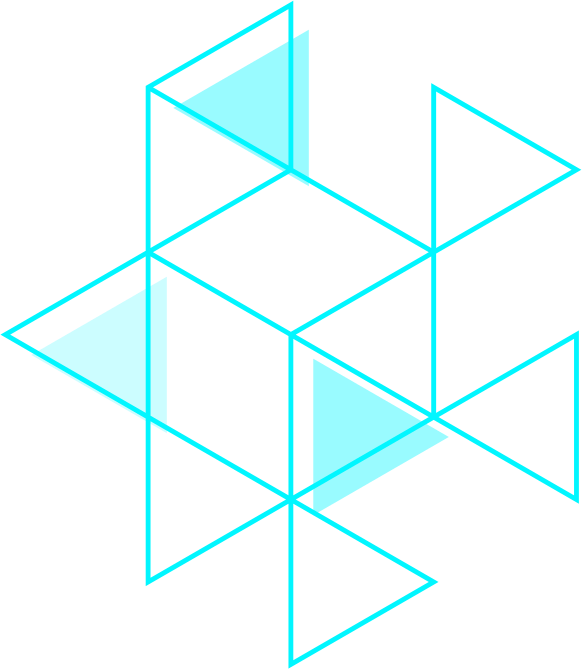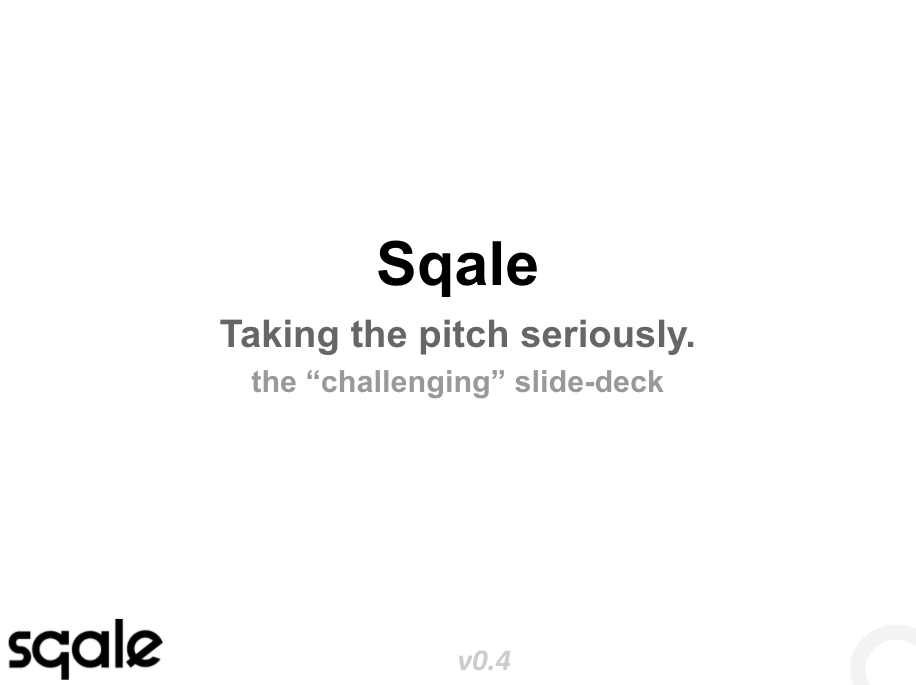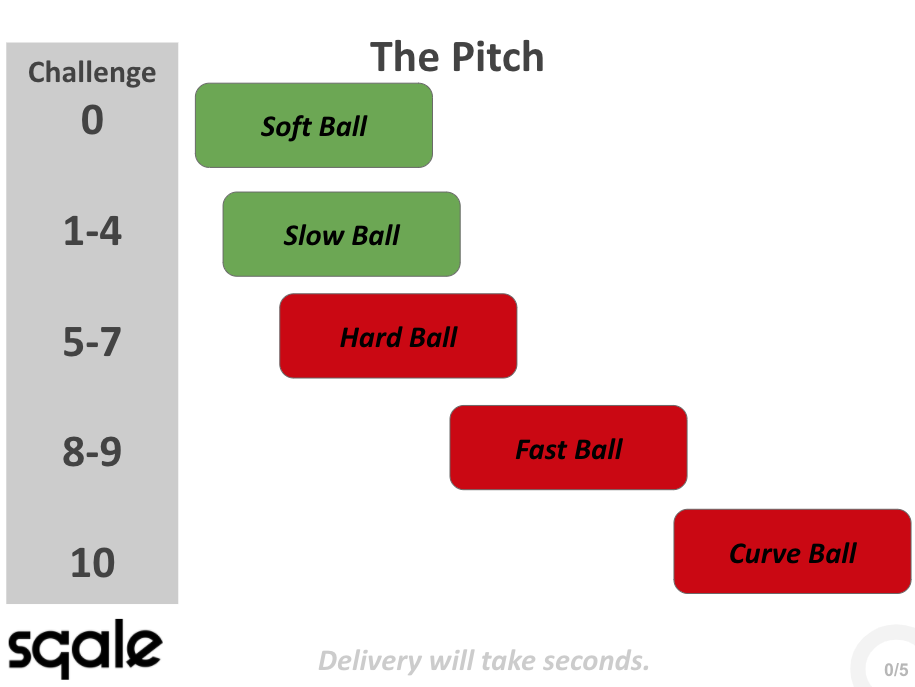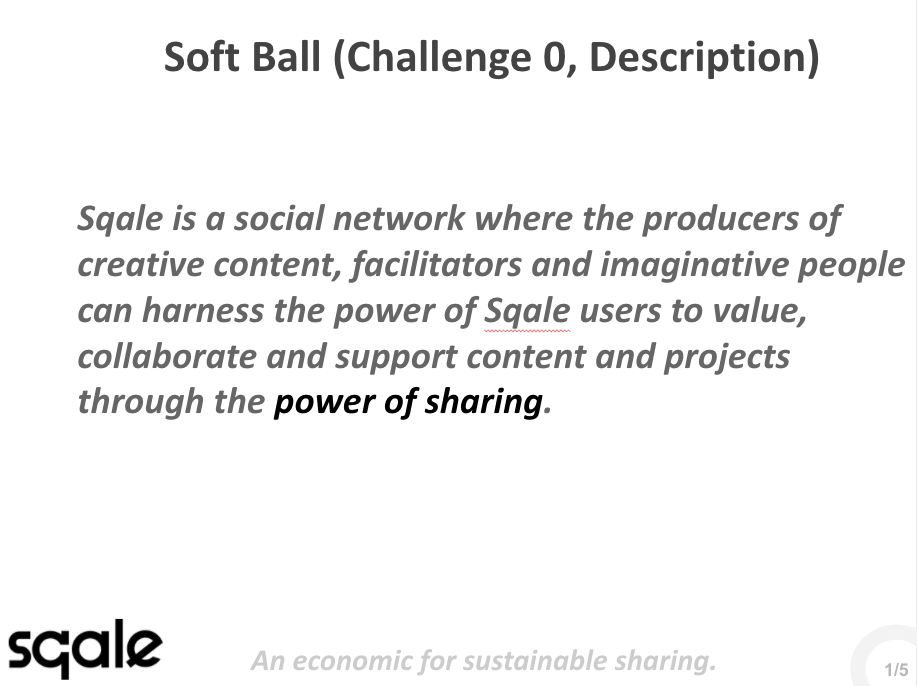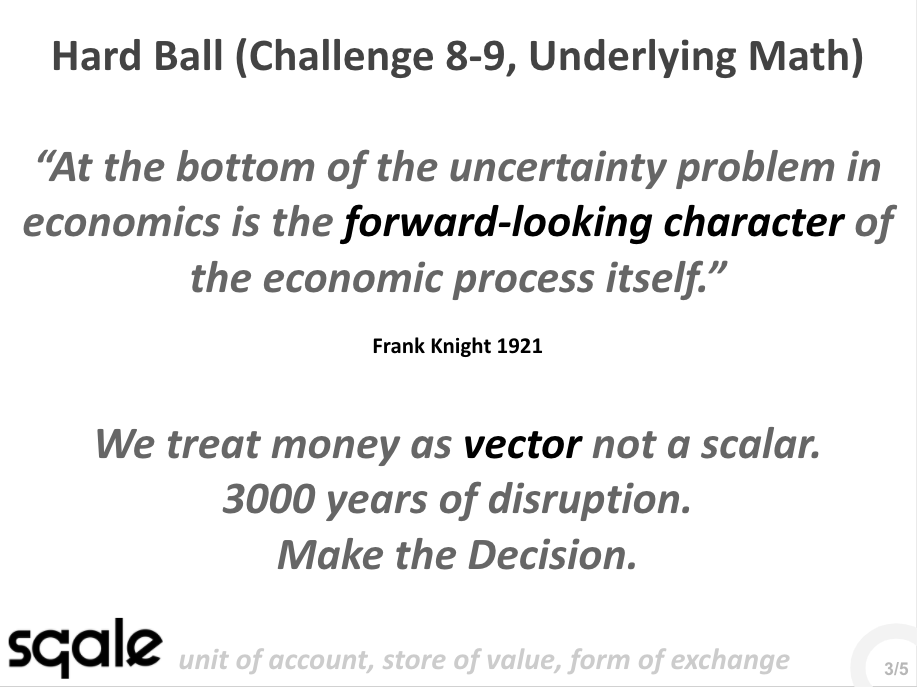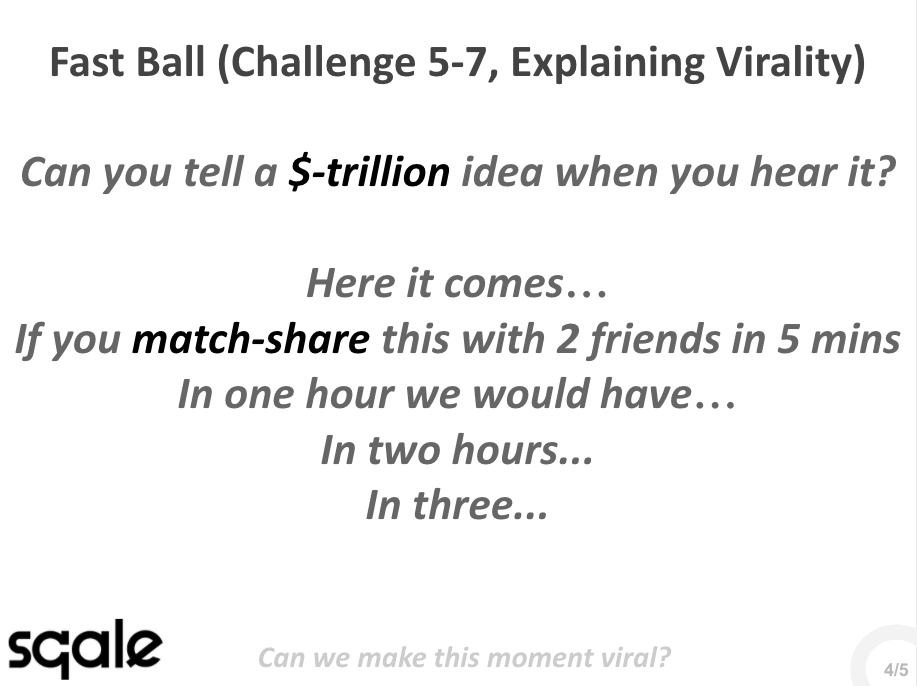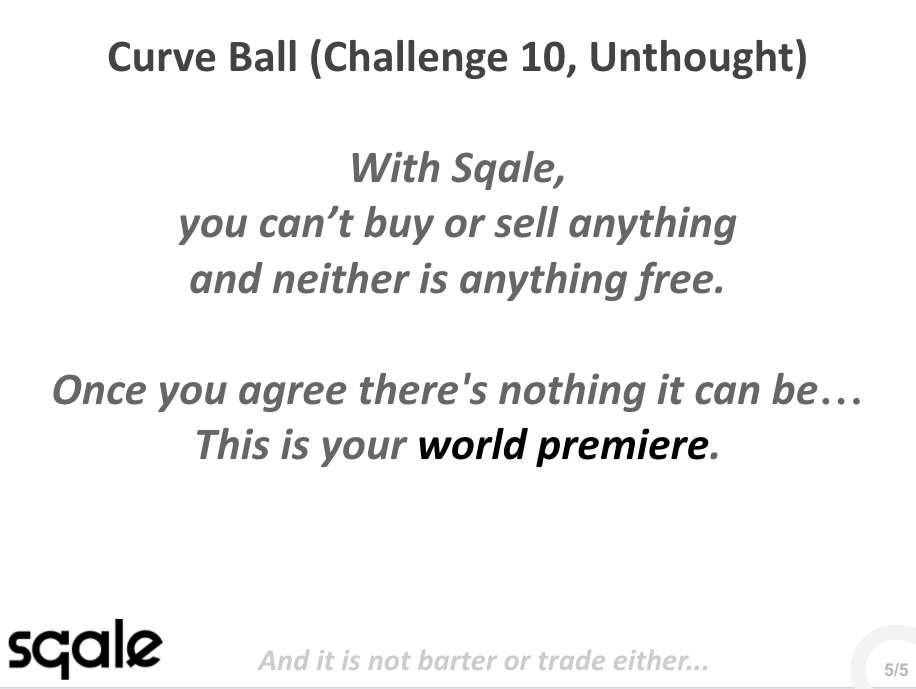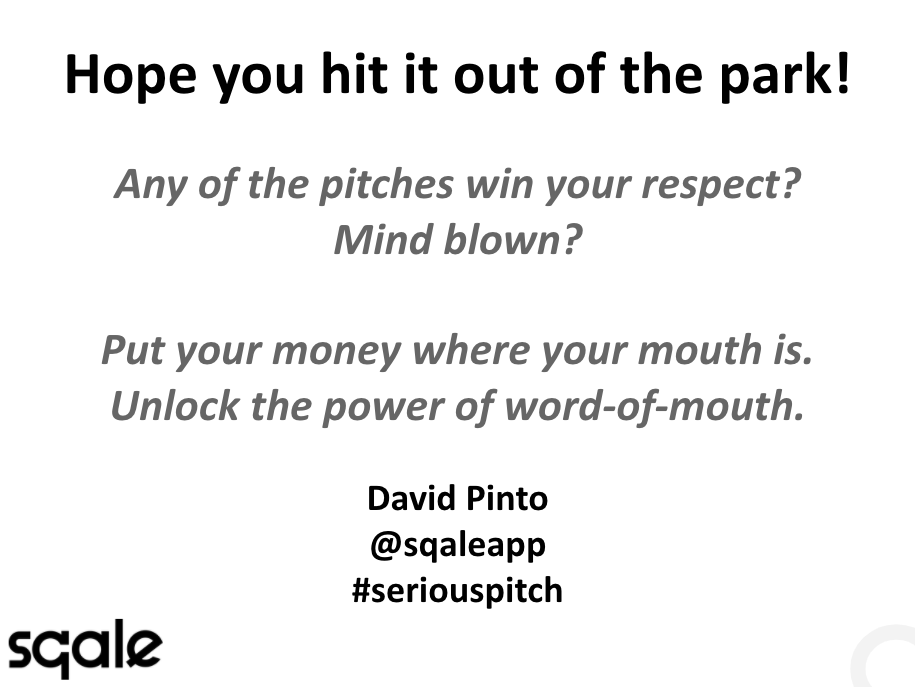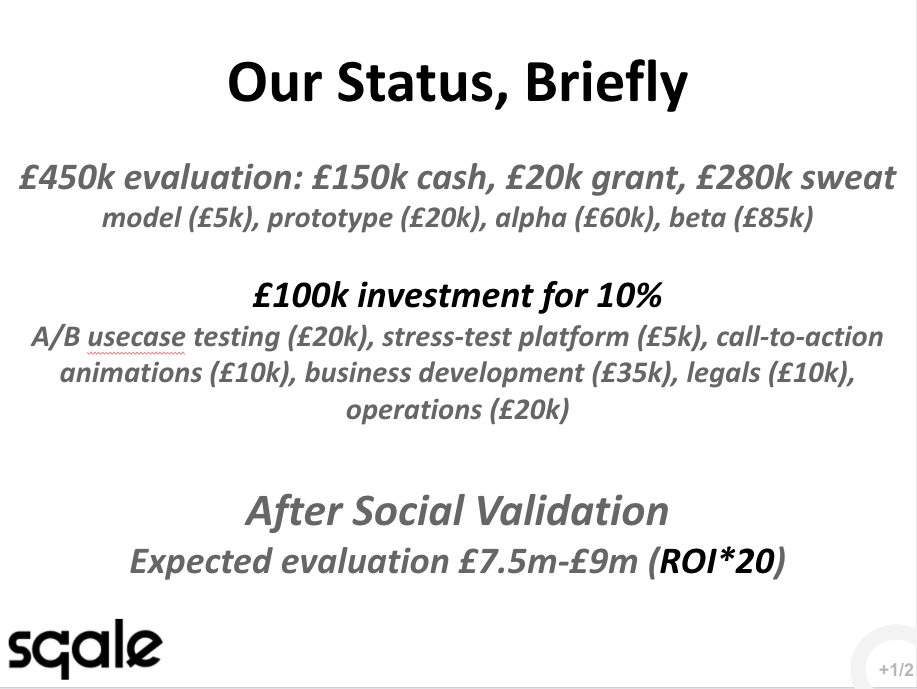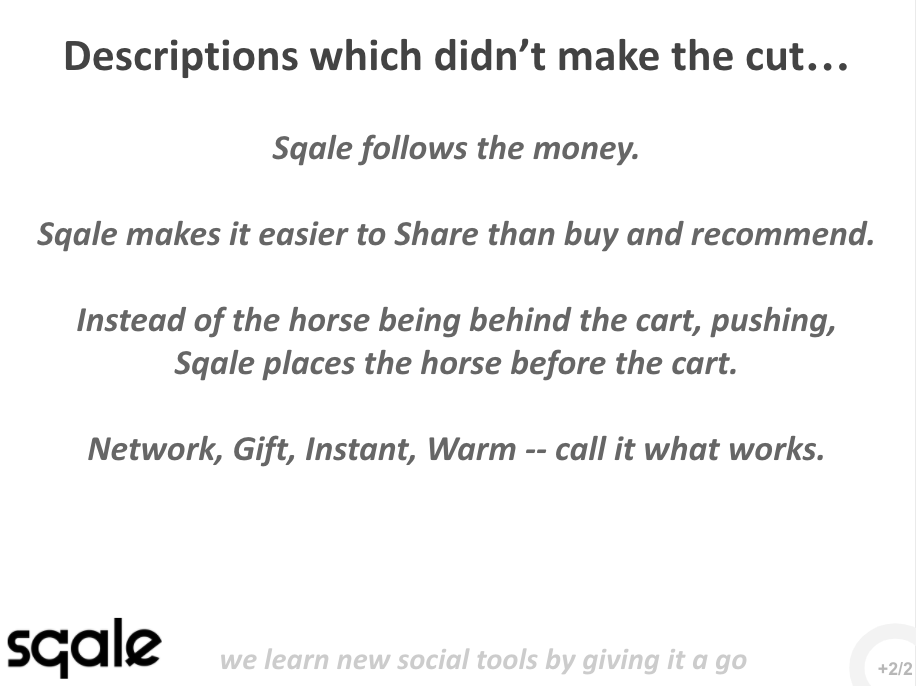"At the bottom of the economic problem is the forward looking process of the economic process itself." Frank Knight 1921
The underlying mathematics is that money is treated as a vector, not a scalar. It is not a quantity of a thing, which lends itself to the act of transaction/exchange (one thing for another). When treated as a vector, it has direction too. Instead of simulating the current economy (which has been tried by physicists), we asked what is its more efficient function? And what emerged was, when giving something, one also gives money. This leads to viral growth and revenue generation, with no sales or marketing or advertising. It is a gift, or network, or instant, or warm economic.
Normal money works like a vector, since it circulates and moves. However, traditional methods track only where it is, and money itself does not track where it is going. Even the ledgers of blockchain can't help since it records only the history of where the money has been.
Vector-money operates differently when applied to a thing (share), or a person (invite to a project), or a project (conditional support). It is only ever held by an individual, and never by any organisation. Vector-money is complemented by the three personal evaluations as they are attributed to a finished or past thing (like), people (thanks), or a future project (intent).



